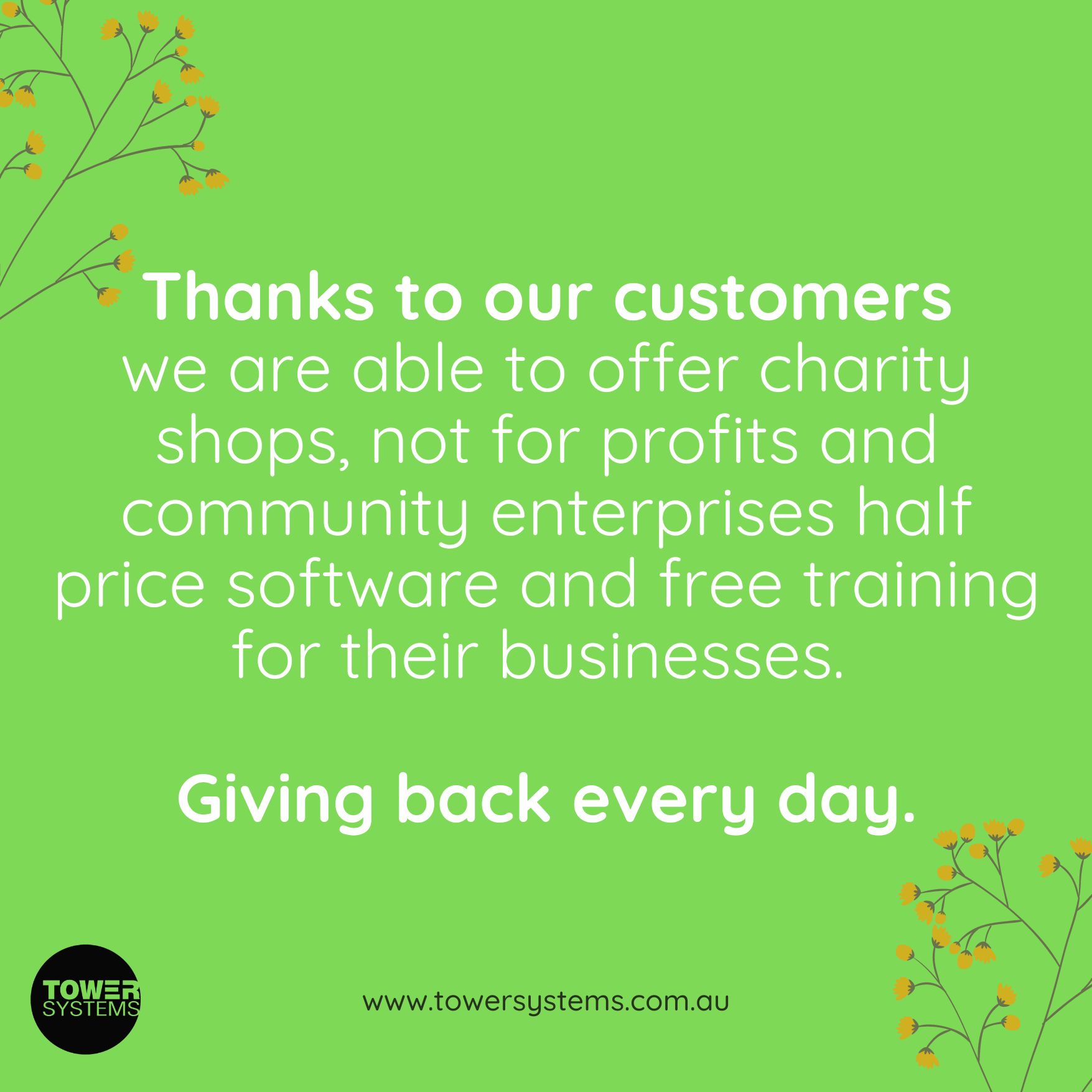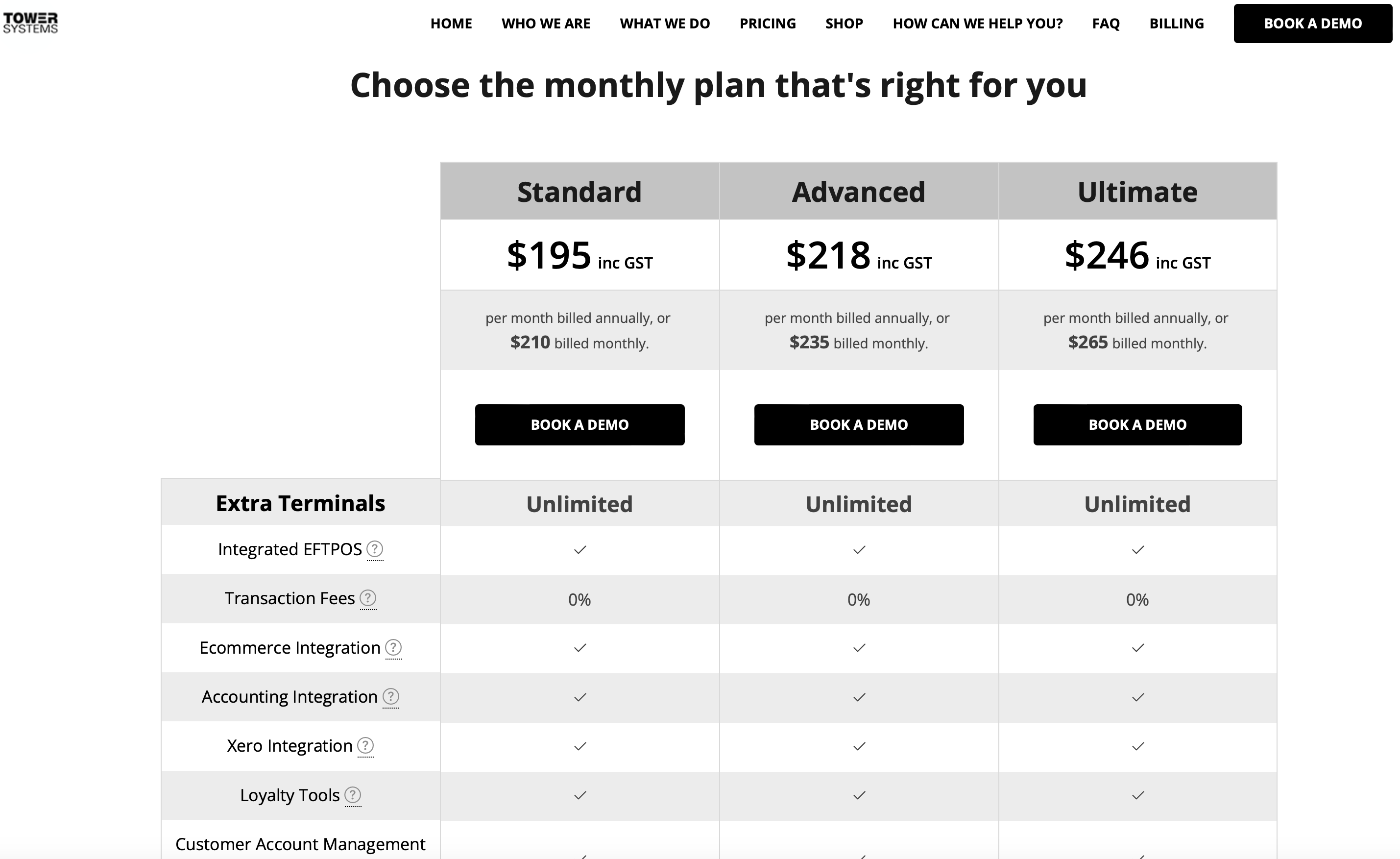Running a small business has always been a demanding journey, and for retailers today, the path seems to have more twists and turns than ever.
These pressures can impact the people at the heart of our businesses – our teams, our families, and ourselves. For some, the mental and emotional toll is significant.
It’s important we pause and gently consider how we approach mental wellbeing in our workplaces. This isn’t about a single day of awareness, but about embedding supportive, healthy practices into the very fabric of our daily operations.
While we are not mental health professionals, our experience in business offers a perspective on the human side of small business.
Creating a supportive environment begins with understanding and recognising the signs of struggle, and knowing what simple, practical steps can make a meaningful difference.
Beyond Blue, offers practical advice.
- Make time for daily movement: It doesn’t have to be a strenuous workout. A simple walk at lunchtime can clear the head, break up the day, and help maintain a more positive outlook.
- Practise mindfulness: Mindfulness is the simple act of being aware of the present moment, without judgement. Noticing your thoughts and feelings as they arise can lower stress and help you respond to challenges more calmly and deliberately.
- Adopt clear work/life boundaries: The lines between work and home can easily blur for passionate business owners. Setting firm boundaries, like switching off work notifications after hours or dedicating weekends to family and personal time, is crucial for long-term sustainability.
- Connect with others: Find someone you trust to share your stories with—a mentor, a fellow retailer, or a friend who understands the journey. A supportive listener whose opinion you value can be an invaluable source of comfort and perspective.
It’s also vital we are aware of subtle indicators that someone—including ourselves—might be struggling. According to health professionals, these can include:
- Physical signs: A persistent feeling of unease, like a knot in your stomach, tense shoulders, frequent headaches, or even heart palpitations.
- Changes in behaviour: Difficulty sleeping, increased irritability, noticeable changes in appetite, or becoming easily emotional.
- Unclear thinking: Trouble concentrating, finding it hard to make decisions, or feeling mentally foggy and inattentive.
- Persistent low mood: We all have bad days, but if a feeling of sadness or anxiety lingers for an extended period, it’s a sign to seek support.
- Withdrawing from others: Avoiding social activities, pulling away from colleagues and family, or losing interest in hobbies that once brought joy.
- Feeling overwhelmed: When problems feel insurmountable and even small tasks seem to require a monumental effort.
If these signs feel familiar, please know that support is available. Talking about these challenges is a sign of strength. Here are some excellent, confidential resources that can help:
- Beyond Blue: Offers 24/7 counselling and extensive resources for mental wellbeing. Phone: 1300 22 4636
- Lifeline Australia: Provides 24-hour crisis support and suicide prevention services. Phone: 13 11 14
- Business in Mind: An online resource developed by the University of Tasmania, specifically designed to support the mental health and wellbeing of small business owners.
- SANE Australia: Offers information, peer support forums, and a helpline for those affected by complex mental health issues. Phone: 1800 187 263
Our commitment to mental health needs to be woven into our everyday conversations and actions. The most powerful tool we have is our ability to listen—to create a safe space where our team members feel seen, heard, and valued. While these conversations aren’t always easy, fostering an environment of active, compassionate listening is one of the most profound ways we can support one another.
If we can help, please reach out.













Recent Comments